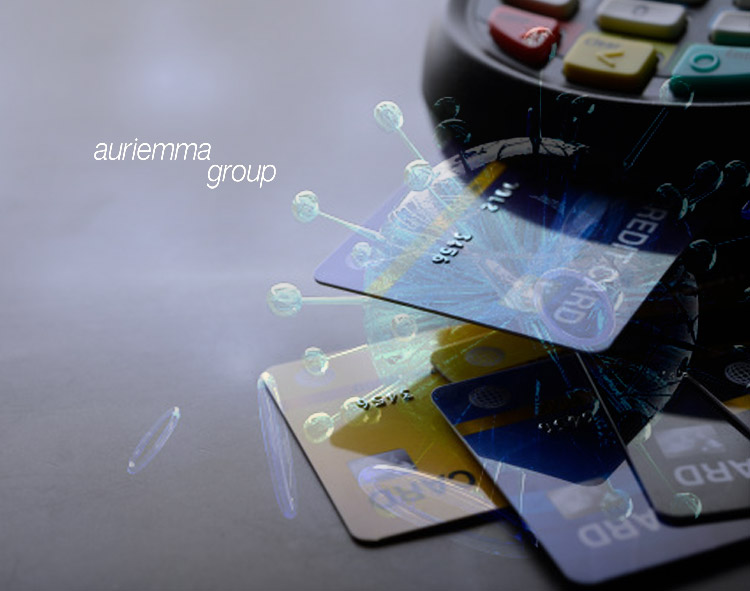COVID-19 has significantly impacted most aspects of consumer’s lives, including how they shop and make payments. People are concerned for their finances, their health, and are uncertain about the future. Auriemma Group conducted studies in the US and the UK to understand how payment activity and expectations are changing, and what issuers can do to meet this unprecedented moment in our history.
How Payment Activity Is Changing
Across both markets, about seven-in-ten consumers are anxious about the future. Many are specifically concerned about their personal finances, especially in the US (81% vs. 67% UK). This worry, paired with stay-at-home guidance and closures of non-essential businesses have altered the way many consumers make purchases, what they are purchasing, and their purchasing power.
Read More: smartTrade’s Solution Awarded Best Multi-Asset EMS System by Markets Media
COVID-19 has caused many to shift to spend online. Nearly eight-in-ten consumers are visiting fewer businesses and, as a result, many are placing more online orders than usual (45% US vs. 38% UK). However, most have reduced their non-essential spending, particularly in the UK (72% vs. 65% US).
Spend categories and payment methods have seen immediate shifts because of COVID-19. As a category, consumers understandably noted rises in grocery spend, with many saying they stocked up on food or household items (60% US vs. 49% UK). In addition, many are making more purchases with contactless or mobile payment options (34% US vs. 45% UK). This is unsurprisingly greater in the UK, given their tenure with contactless payments.
Changes in spend are similar across geographies. Over four-in-ten say they are spending less than typical (42% US vs. 47% UK), while only slightly fewer say spend stayed the same (41% vs. 35%). The remaining one-fifth say they are spending more than typical, and the average increase in monthly spend among that group was similar across both countries ($524 vs. £463).
Read More: How Coronavirus is Impacting Multifamily Investments and the Transaction Process
